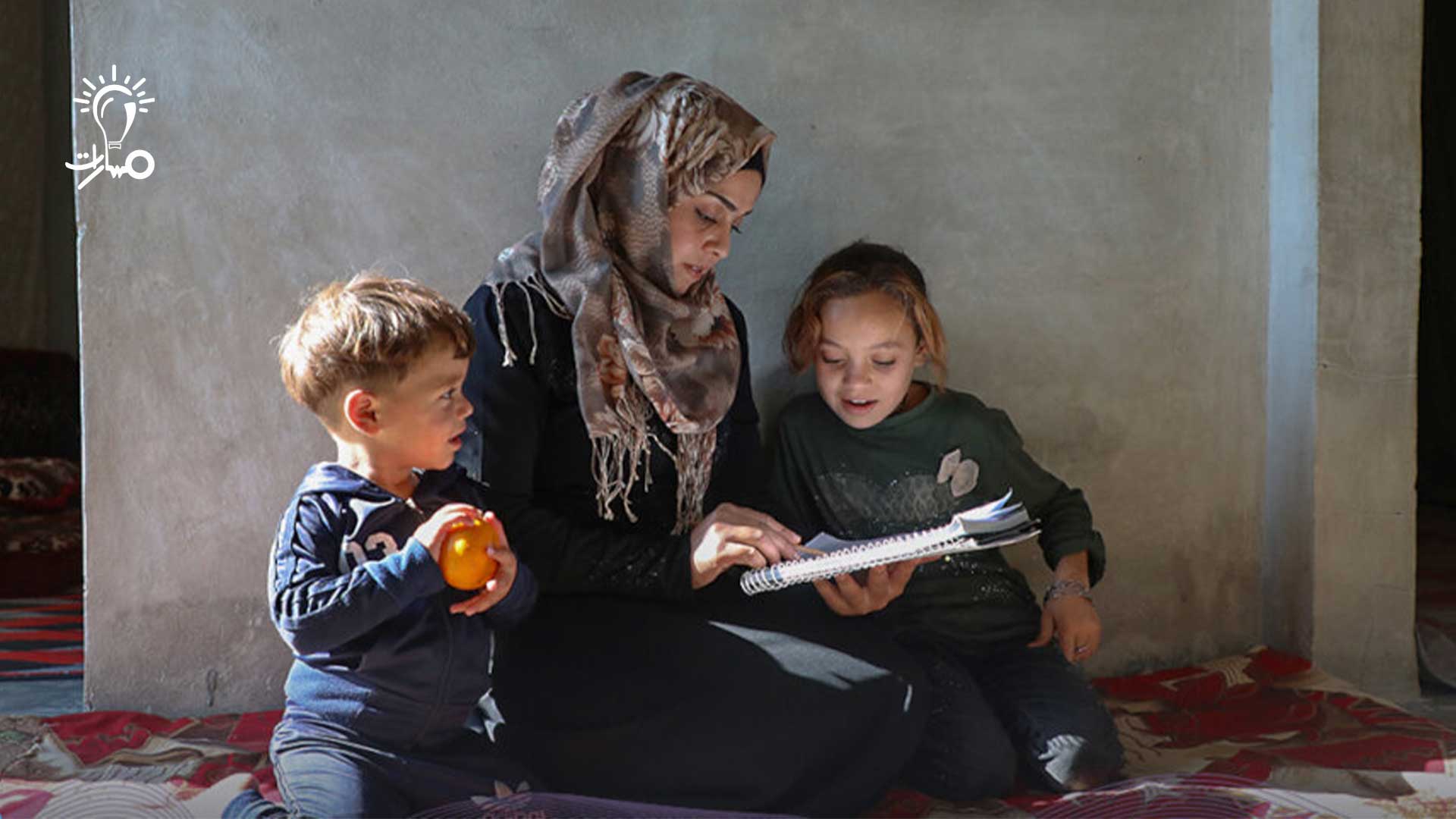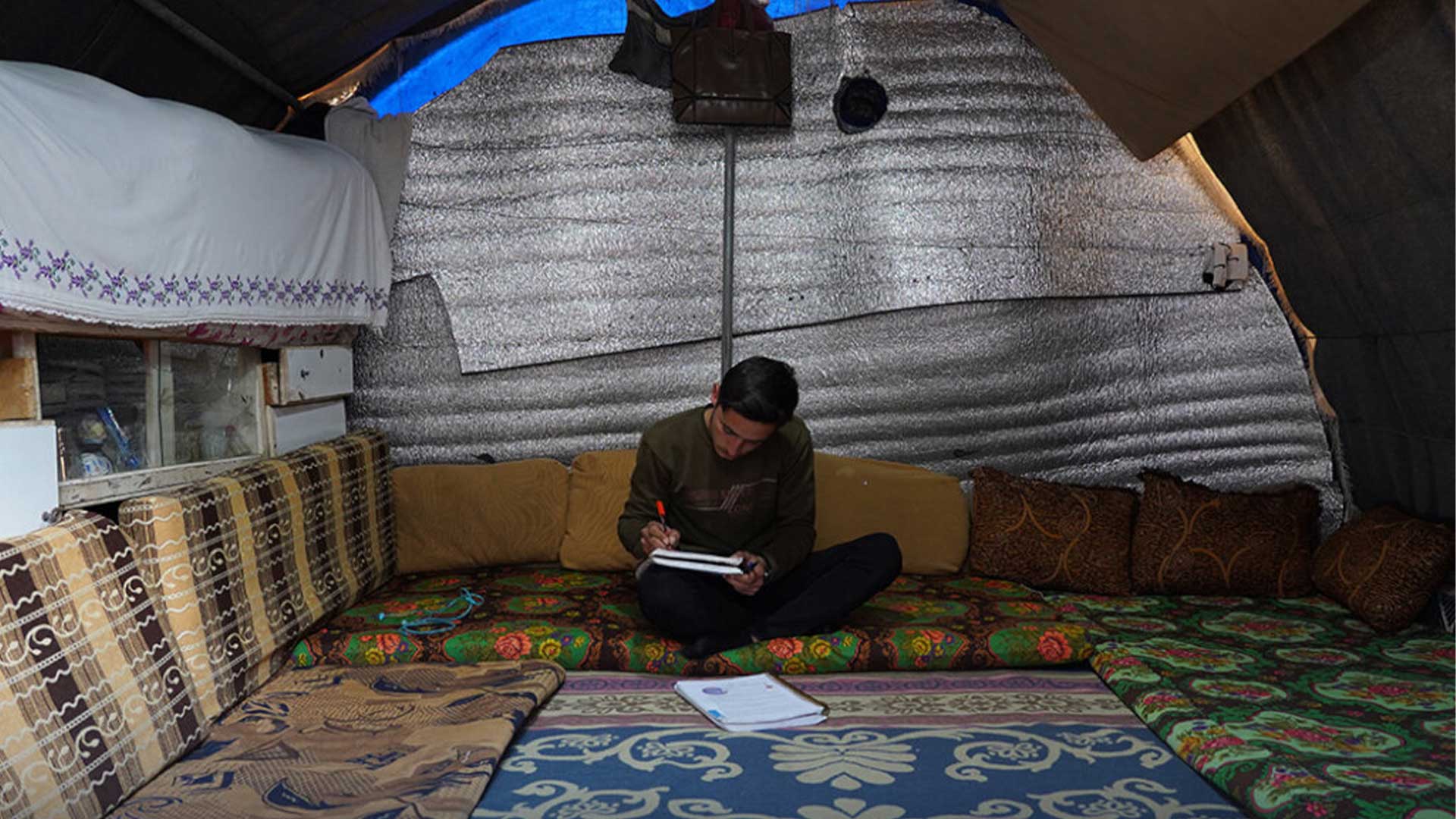Today, mathematics distances itself from other sciences in terms of the requirement for experimentation, observation, and viewing.
It relies solely on tools such as pen and paper, or chalk and board, and no longer needs a lab or workshop to grow and develop.
Mathematics springs solely from the mind and thought of the mathematician, a notion reinforced by Platonism, which views numbers and shapes as imperfect shadows of the perfect exemplars in the ideal realm.
Measurement and Order in Mathematics
Mathematics does not concern itself with the essences of things and their components as much as it does with what can be measured and enumerated from them.
Thus, the first alphabet of mathematics is measurement and order, or as Avicenna described, “the continuous and discrete quantity,” synonymous with the mathematical duality of geometry and arithmetic, which represent the concepts of space and time, respectively.
The Relationship of Senses with Geometry
German physician Weber conducted an experiment to measure human sensory perception using two slightly spaced compass points pressed on the skin from the shoulder side.
The individual does not feel two pricks but one.
Repeating the experiment in different skin areas and at various distances between the points, Weber observed varying sensations. Sometimes the individual felt one prick and other times two. This led to the discovery that the number of nerve endings is heterogeneous in different skin areas.
However, the mathematical or philosophical discovery was that quantitative measurement varies from one individual to another, from one place to another, or from one situation to another, thus space is not absolute and does not match the standard specifications that make geometry an authentic science.
The Impact of Sociology on Geometry
Following the crisis that physiology caused to the concept of space and the science of geometry, sociology intervened.
Its theorists suggested studying the situation through collective reasoning rather than individual cases.
If we consider space from the perspective of primitive humans, we find that space for them represented only the daily needs of the tribe, such as hunting, worship, gathering, sleeping, and protection.
This space had to be homogeneous, symmetrical, and connected—qualities that were the starting point for the emergence of geometry among the Greeks.
The Emergence of Arithmetic in Mathematics
The journey of arithmetic was not unlike that of geometry. Initially, the concept of number was vague and intertwined with the counted object to the extent that primitive humans did not need the isomorphism (correspondence – symmetry) that forms the basis of counting today.
They would assign different numbers to the same count or one number to several different quantities. Languages still retain traces of this stage of human civilization’s infancy; for example, in Arabic, the word “بضع” indicates quantities from three to nine.
Under these circumstances, arithmetic could not have emerged without the intervention of the Greeks again, through the early philosophers who benefited from an atmosphere of intellectual freedom and dialectical culture that allowed for asking “why” rather than just “how.”
The pioneer was Thales, who paved the way for Pythagoras, the founder of the first abstract school, which considered numbers the basis of the universe instead of water, air, or earth, according to natural philosophers.
Then came Euclid, who built the greatest intellectual structure known to humanity—geometry, later named Euclidean geometry, which remained at the pinnacle of human thought for over two millennia.
Despite competition from non-Euclidean geometries in recent centuries, it still stands as a testament to human genius and intellectual brilliance.
Author: Dr. Ahmad Khatib – Advisor at Masarat Initiative







